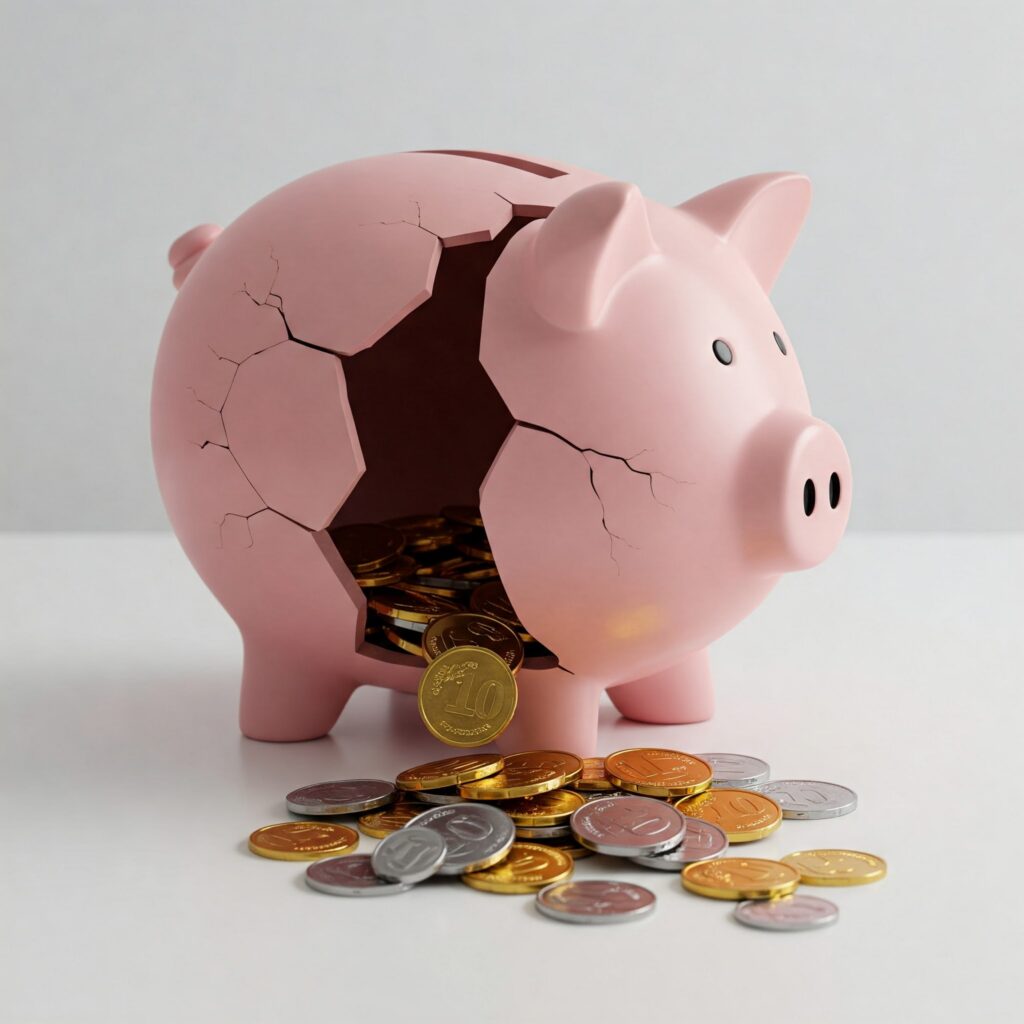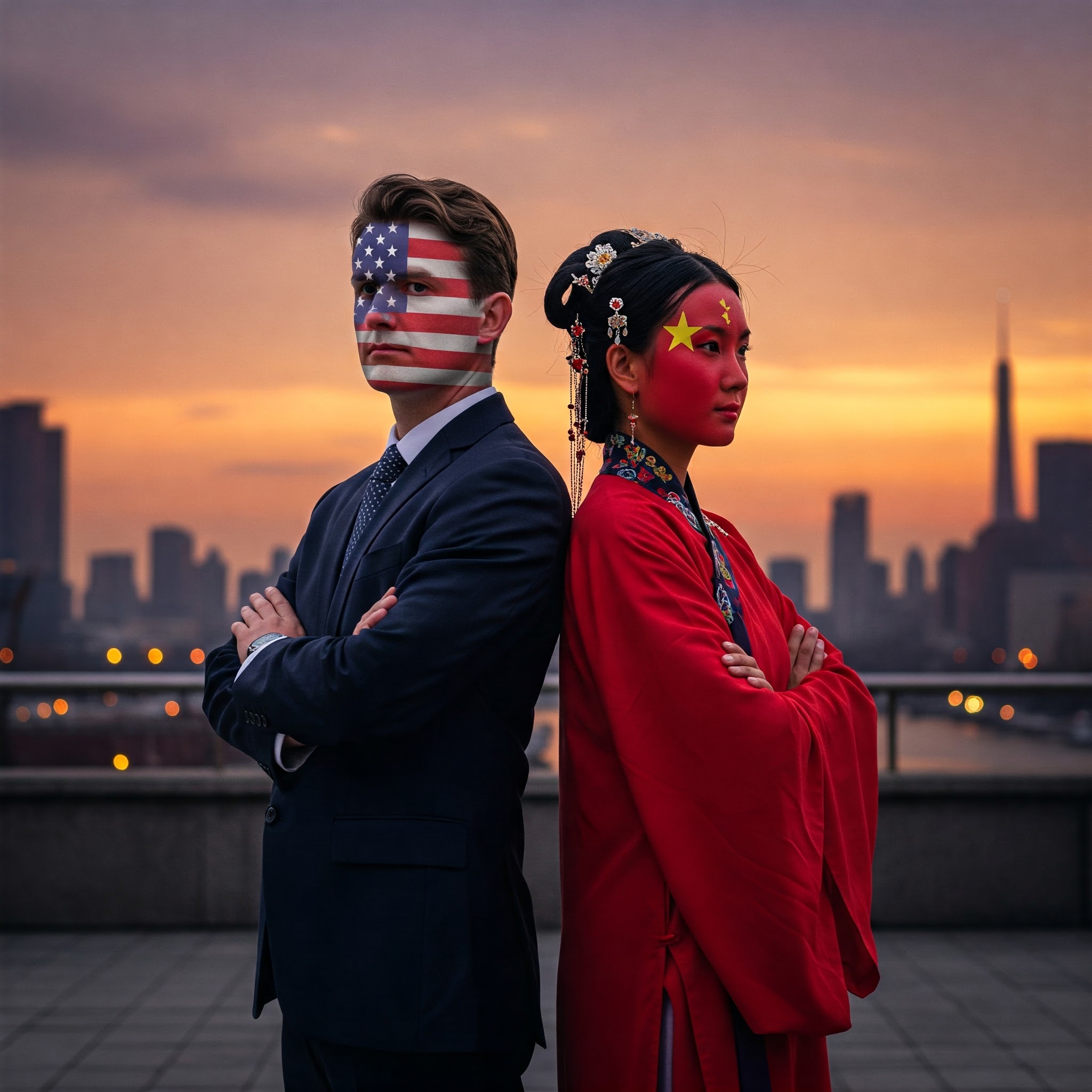The United States and China, two of the world’s most powerful countries, are currently in a major disagreement over trade. This “trade war” involves both countries making it more expensive and difficult to buy and sell goods from each other, and it’s causing issues around the globe.
What’s the Problem?
The U.S. government, led by President Trump, put large taxes, called tariffs, on many goods coming from China. Think of it like adding a big extra fee to things made in China when they arrive in the U.S. The idea was to make Chinese goods more expensive, hoping this would encourage companies to make things in the U.S. instead and push China to agree to new trade rules.
China didn’t like this and responded by putting its own high tariffs on goods coming from the U.S.. They also restricted some important materials the U.S. needs. Now, products going both ways cost a lot more.
Talking About Talks
Recently, both countries have said they might be willing to talk to solve the problem. China’s government said they are “open” to talks, but only if the U.S. shows “sincerity” and gets rid of the high tariffs it started. They feel the U.S. started the fight unfairly.

U.S. officials also say they want to talk. Treasury Secretary Scott Bessent, a top U.S. official, believes China will eventually want to make a deal because the tariffs are tough on their economy. The U.S. says the problems aren’t just about tariffs, but also other issues like China copying American ideas (called intellectual property theft).
However, it’s confusing because both sides seem unsure if real talks are happening or who should officially start them. It’s like a game of chicken – neither side wants to be the first one to “swerve” or give in, because they worry it might make them look weak. Both President Trump and China’s leader, Xi Jinping, want to look strong to people in their own countries.
What Does This Mean?
This trade argument is causing problems. Companies aren’t sure what will happen next, which makes planning difficult. Some experts worry it could slow down the economy not just in the U.S. and China, but around the world. For regular people, it could eventually mean higher prices for things like electronics or toys that are made in China.
For now, the U.S. and China are stuck in this standoff. Everyone is watching to see who will make the first real move towards ending the trade war.
This article is based on the following articles:
https://www.bbc.com/news/articles/cg419qw9g15o

Background Information
What is Trade?
At its simplest, trade is just the buying and selling of things between people or groups. When we talk about countries, trade means one country buying goods (like phones or bananas) or services (like tourism or banking help) from another country, and selling its own goods and services back. Countries trade because they can get things they don’t have or can’t make easily themselves, or because it’s cheaper to buy from somewhere else.
Imports and Exports
These are two key words in trade:
- Imports: These are goods or services that a country buys from another country. For example, if the U.S. buys toys made in China, those toys are imports for the U.S.
- Exports: These are goods or services that a country sells to another country. If the U.S. sells airplanes to China, those airplanes are exports for the U.S. China is mentioned in the articles as the world’s biggest exporter, meaning it sells a huge amount of goods to other countries.
Why Do Countries Use Tariffs?
The article mentioned tariffs are like taxes on imports. But why do governments use them? There are a few main reasons:
- To Protect Local Industries: Tariffs make imported goods more expensive. This can help businesses in the home country compete, because their products might seem cheaper in comparison. The goal is often to protect jobs in the home country.
- To Raise Money: Like other taxes, tariffs can be a source of money for the government.
- As a Political Tool: Sometimes, like in the current situation, countries use tariffs to pressure another country to change its policies or agree to something.
What’s an Economy?
You hear about the “economy” all the time. It basically refers to the whole system of how a country makes, buys, and sells things. It includes all the jobs people have, the businesses operating, the money people spend, and the money the government collects and spends. When people talk about the economy “growing,” it usually means the country is producing and selling more stuff, and people might have more money. The articles mention concerns that the trade war could slow down economic growth.
What’s a Recession?
A recession is a significant slowdown in the economy. It usually means that businesses are producing less, people are losing jobs, and there’s less buying and selling happening overall. It’s like the whole economy is shrinking for a while, usually for several months or more.
What is Intellectual Property?
This term popped up in the articles as something the U.S. is concerned about. Intellectual Property (often called “IP”) isn’t a physical thing you can hold, like a car or a phone. It refers to creations of the mind – like inventions, stories, music, brand names (like Nike or Apple), or unique designs. Laws protect IP to make sure the creators or owners can benefit from their ideas and hard work, and others can’t just copy them without permission.
Global Economy – We’re All Connected
Countries don’t exist in bubbles. Their economies are linked together through trade, investment, and finance. What happens in a big economy like the U.S. or China can affect many other countries around the world. That’s why this trade war isn’t just news for those two countries; other nations are watching closely because it could impact them too.
Who are the Leaders Mentioned?
- President Donald Trump: The President of the United States at the time these articles were written. He is the head of the U.S. government.
- President Xi Jinping: The leader of China.
- Treasury Secretary Scott Bessent: A top economic official in the U.S. government, working for President Trump. The Treasury Department deals with the country’s money and finances.

Debate/Essay Questions
- Should the U.S. have used high tariffs against China in the first place to try and change China’s trade practices?
- Who should make the first move to start serious talks: Should China agree to negotiate even with the U.S. tariffs in place, or should the U.S. remove the tariffs first to show it’s serious about talking?
- Based on the situation described, who do you think is more responsible for the current trade war standoff continuing: the U.S. or China?
Please subscribe to Insight Fortnight, our biweekly newsletter!
